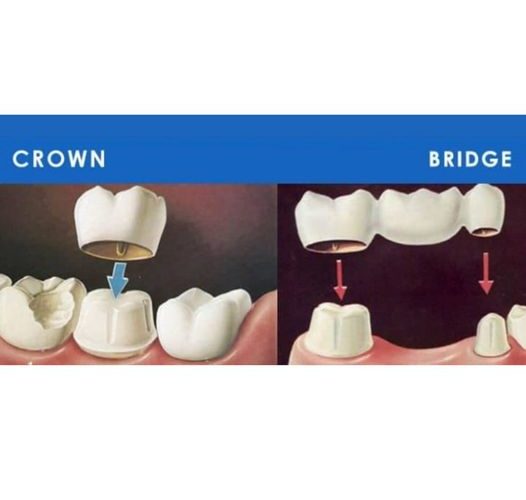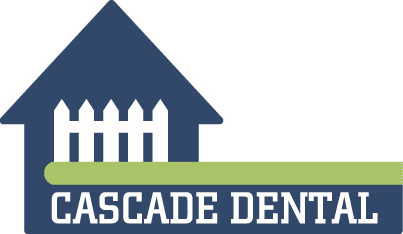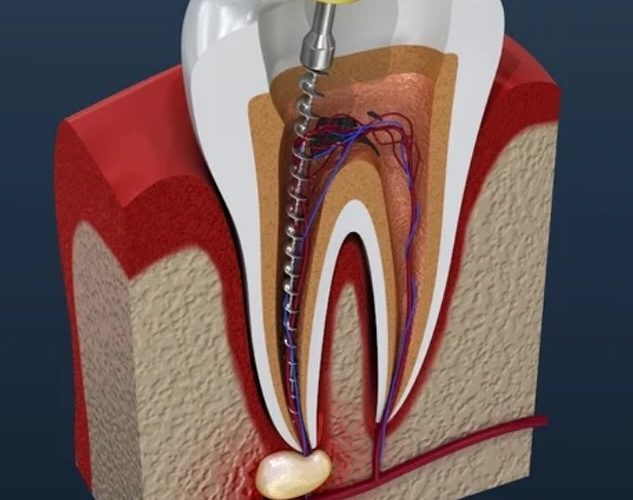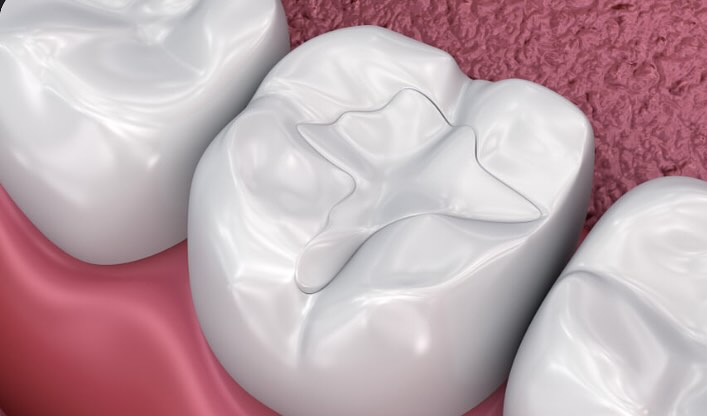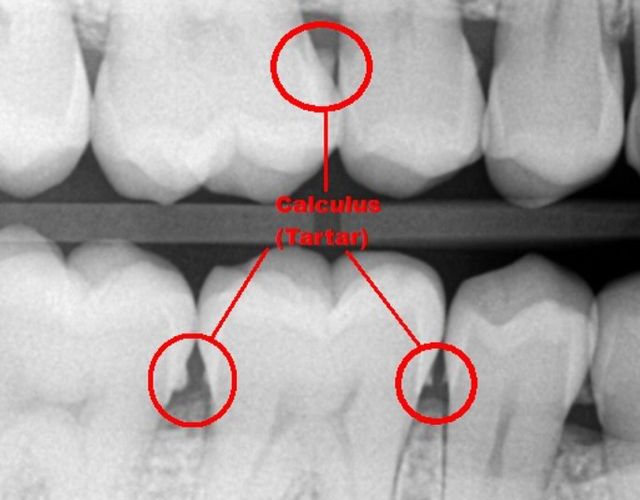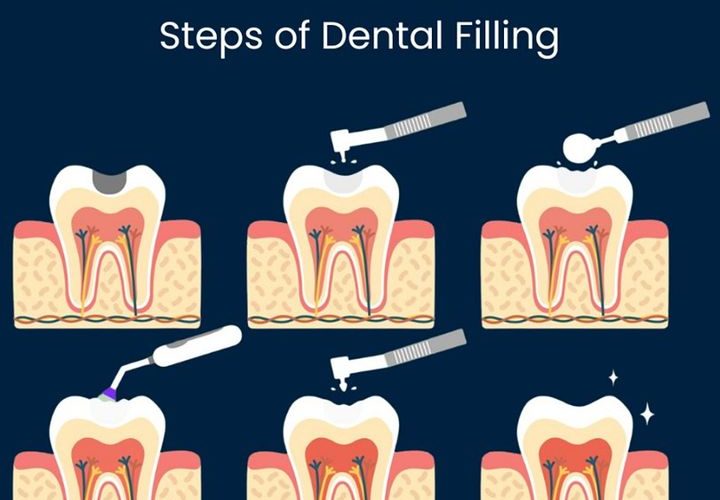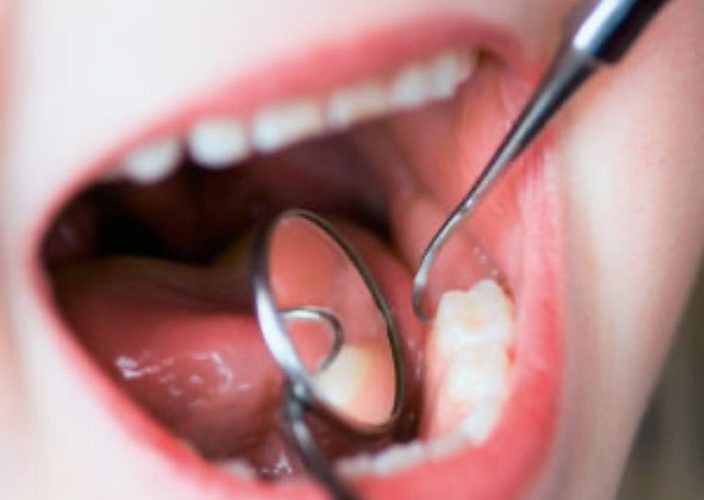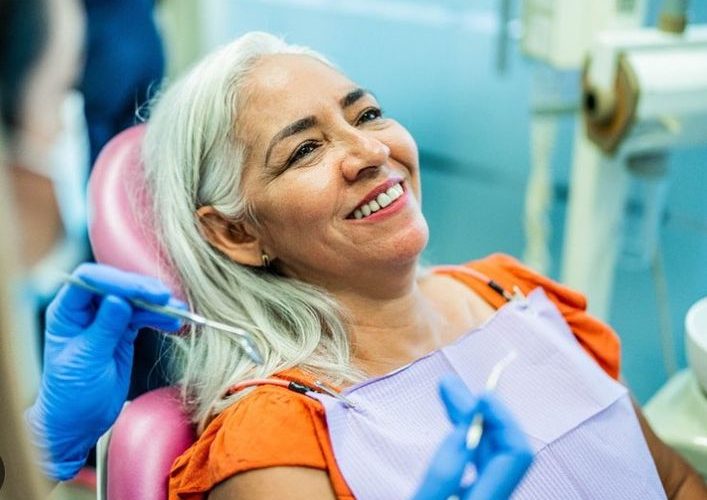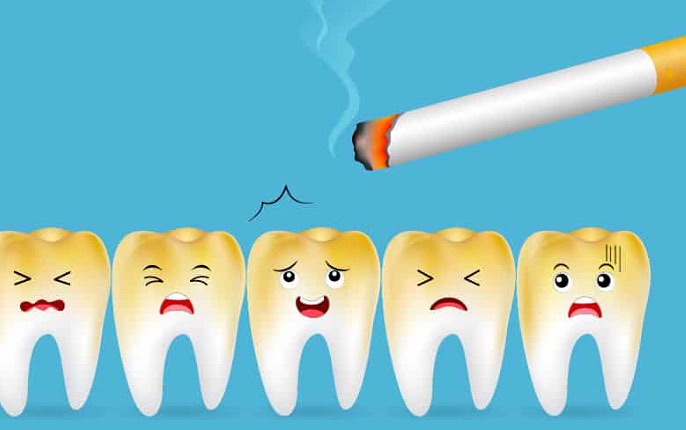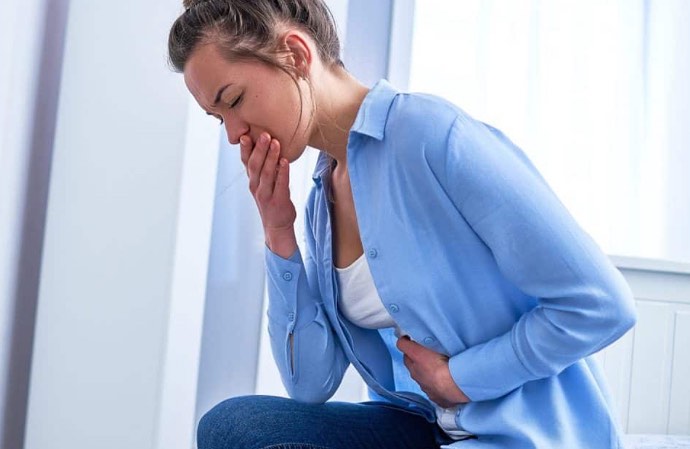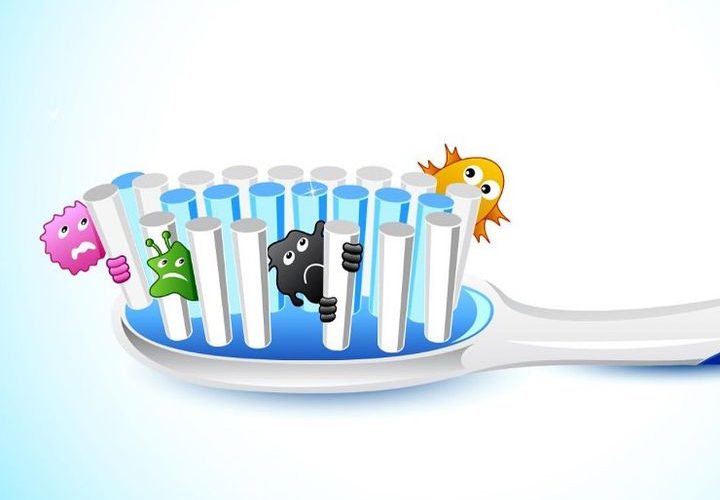this will take 2 appointments about 2-3 weeks apart 1st they will numb the area then take molds of the tooth. next they shape the tooth and / or add a build up then another mold or digital scan of the prepared tooth a temporary crown or bridge will be added to the tooth. Your
read more
« If you’ve been in pain from the infection your dentist will likely have prescribed antibiotics to take before your appointment. *Take as directed otherwise the local anesthetic (freezing) may not be as effective. « At the start of your appointment the tooth will be frozen. First a topical gel then local anesthesia « Once
read more
-Numbness from freezing during the appointment should go away in a few hours -you may experience temperature (hot/cold) sensitivity that will decrease over time – it may be tender to chew harder things (in deeper fillings) -If you notice sensitivity try to avoid extreme hot/cold and chewing harder things in that area to give the
read more
-has it been a while since your last cleaning? -is this a new dental office for you? -have you been neglecting your routine oral care of brushing and flossing at home? -is it genetic /runs in your family? All of these contribute to the amount of tartar and the tenaciousness of it. As tartar calcifies
read more
-For most fillings the dentist will “freeze” the tooth so that you’re more comfortable during the procedure. A topical numbing gel goes on first -The dentist will clean out the decay with a drill and manual tools -The cavity is then filled with a material so the tooth is functional. -Sometimes a curing light is
read more
– Arrive a few minutes early to complete a medical history. **Having a list of any medications and allergies can be helpful -X-rays to support a thorough examination and give an in-depth picture of your mouth ( if you have recent X-rays from another office you can have those emailed in advance – previous dental
read more
dry mouth=higher risk of cavities altered taste perception increased risk of gum disease **Staying proactive with oral care is key!**
read more
Smoking can lead to gum disease, tooth discoloration, and even tooth loss. It reduces blood flow, impairs healing, and increases the risk of oral cancers. Quitnow.ca is a free resource available to anyone interested in quitting smoking
read more
Resist the urge to brush right away Brushing to soon after rubs the acid all over your teeth potentially causing damage. Instead swish with water, a diluted mouth rinse or a solution of water and 1 tsp baking soda to help wash the acide away.
read more
– Generally every 3-4 months (they become less effective with use) – If you’ve had a cold, flu, cold sore or sore throat – Rinse your brush after each use Let your tooth brush dry in between uses.
read more
